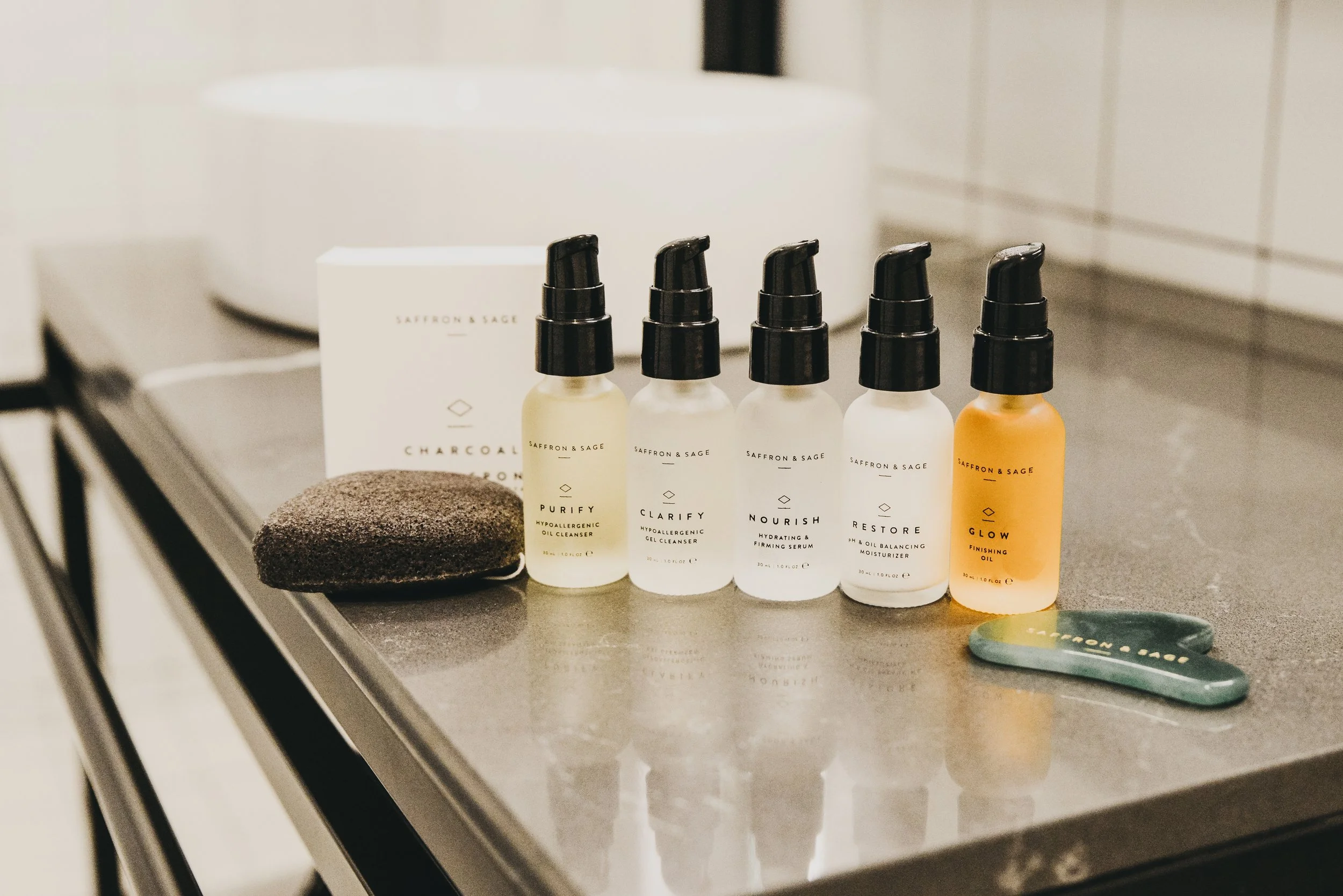Navigating Pregnancy Skincare: Understanding Facials and Treatments to Avoid
Pregnancy is a time of joy and anticipation, but it also comes with its share of challenges, including changes in skincare needs. While many women prioritize self-care during pregnancy, it's essential to be mindful of the skincare products and treatments used, as some may pose risks to the developing baby. In this blog post, we'll explore the facials and skincare treatments that are not safe during pregnancy, helping expecting mothers make informed choices to protect their health and the health of their baby.
Understanding Pregnancy-Safe Skincare:
During pregnancy, hormonal fluctuations can lead to changes in the skin, including increased sensitivity, acne flare-ups, and hyperpigmentation. While it's natural to want to address these concerns, it's crucial to choose skincare products and treatments that are safe for both mother and baby. Many skincare ingredients and treatments that are considered safe under normal circumstances may pose risks during pregnancy, as they can be absorbed into the bloodstream and potentially harm the developing fetus.
Facials and Treatments to Avoid During Pregnancy:
Chemical Peels: Chemical peels are skincare treatments that use acids to exfoliate the skin and promote cell turnover. While chemical peels can be effective for treating various skin concerns, they are not safe during pregnancy due to the risk of absorption of the acids into the bloodstream, which may harm the developing baby. Common acids used in chemical peels, such as glycolic acid, salicylic acid, and retinoids, should be avoided during pregnancy.
Microdermabrasion: Microdermabrasion is a mechanical exfoliation treatment that uses a device to remove dead skin cells and stimulate collagen production. While microdermabrasion is generally considered safe for most skin types, it may not be recommended during pregnancy due to the potential risk of skin irritation and inflammation. Additionally, the use of abrasive materials and suction during microdermabrasion may be uncomfortable or even harmful for expecting mothers.
High-Frequency Facials: High-frequency facials are skincare treatments that use electrical currents to target acne-causing bacteria and reduce inflammation. While high-frequency facials are considered safe for most people, they are not recommended during pregnancy due to the potential risk of electrical currents affecting the developing fetus. Pregnant women should avoid treatments that involve electrical stimulation or devices that emit electromagnetic fields.
Hot Stone Massages: Hot stone massages are a popular spa treatment that involves placing heated stones on the body to relax muscles and promote circulation. While massages can be beneficial for relieving tension and promoting relaxation during pregnancy, hot stone massages should be avoided due to the risk of overheating and dehydration. Pregnant women are more susceptible to overheating, which can potentially harm the developing baby.
Laser Treatments: Laser treatments are skincare procedures that use concentrated beams of light to target specific skin concerns, such as acne, hyperpigmentation, and wrinkles. While laser treatments can be effective for improving the appearance of the skin, they are not recommended during pregnancy due to the potential risk of thermal injury and changes in pigmentation. Pregnant women should avoid laser treatments, including laser hair removal, until after they have given birth and completed breastfeeding.
While it's essential to prioritize self-care during pregnancy, it's equally important to be mindful of the skincare products and treatments used. Many facials and skincare treatments that are considered safe under normal circumstances may pose risks during pregnancy, as they can be absorbed into the bloodstream and potentially harm the developing fetus. By understanding which facials and treatments to avoid during pregnancy, expecting mothers can make informed choices to protect their health and the health of their baby. When in doubt, it's always best to consult with a qualified skincare professional or healthcare provider before undergoing any skincare treatment during pregnancy.

